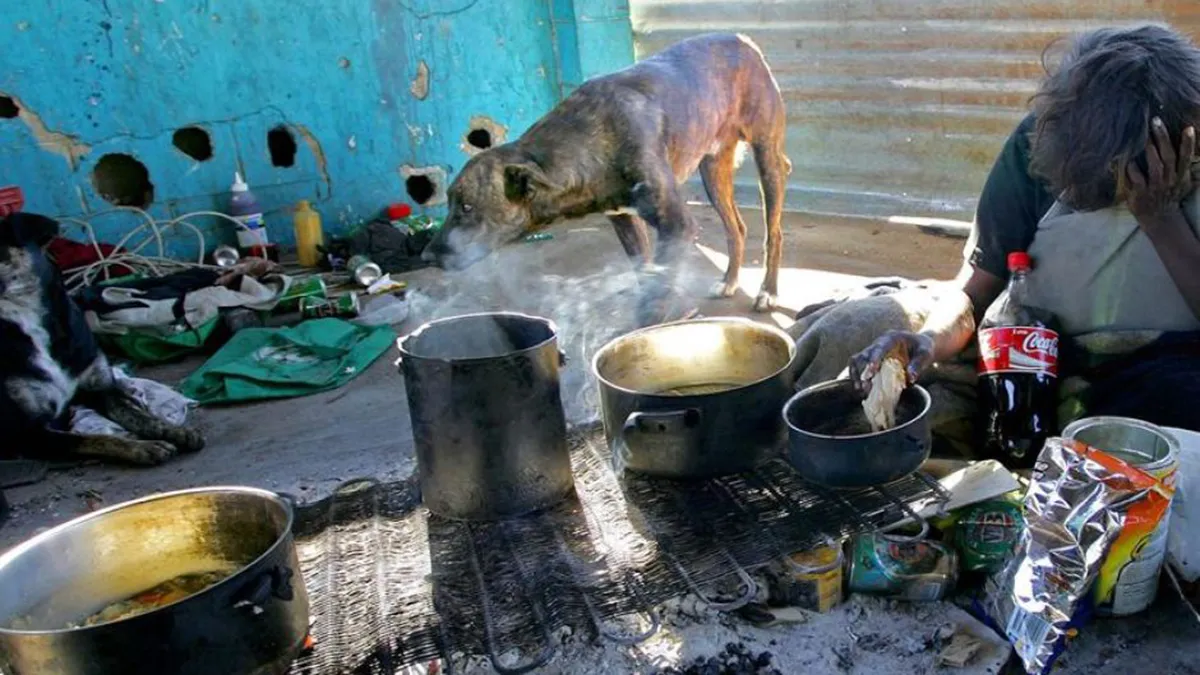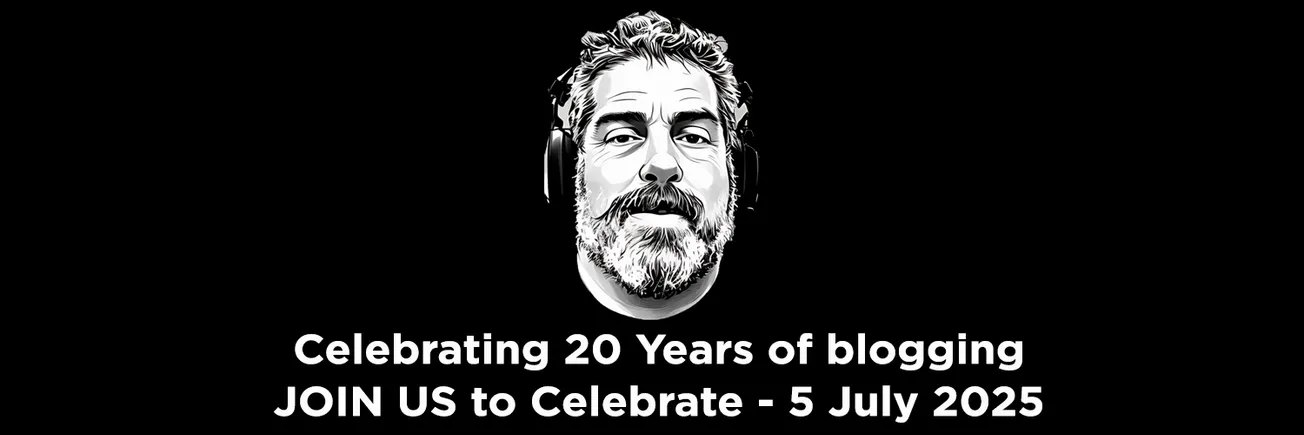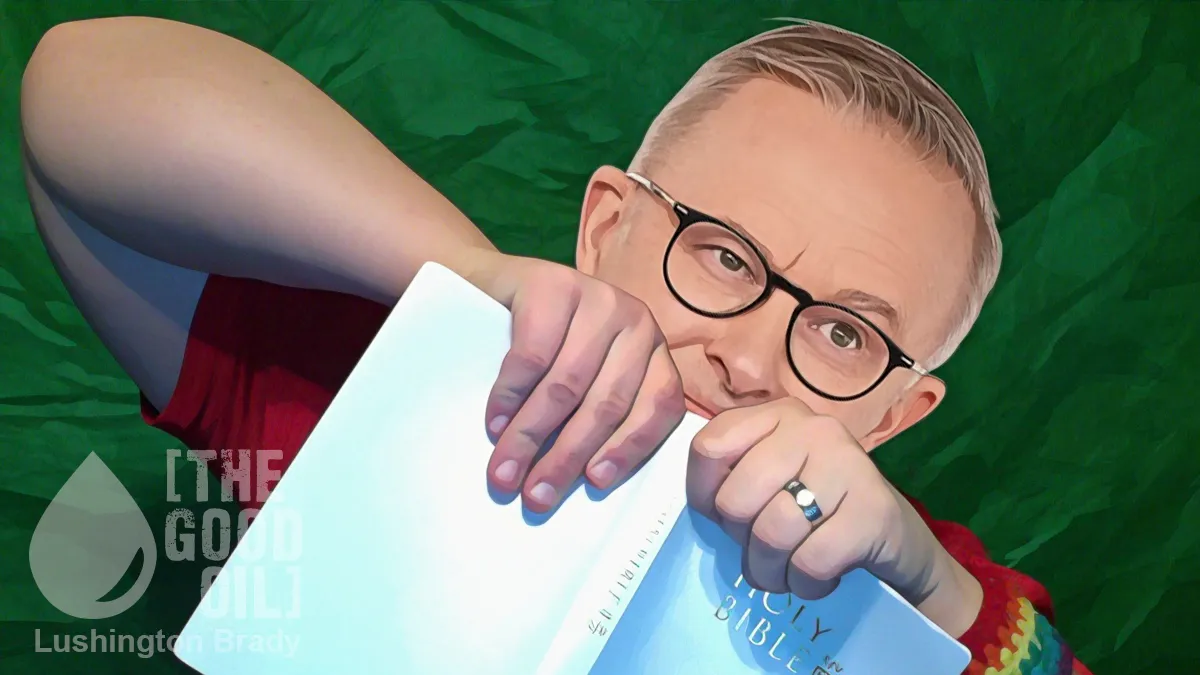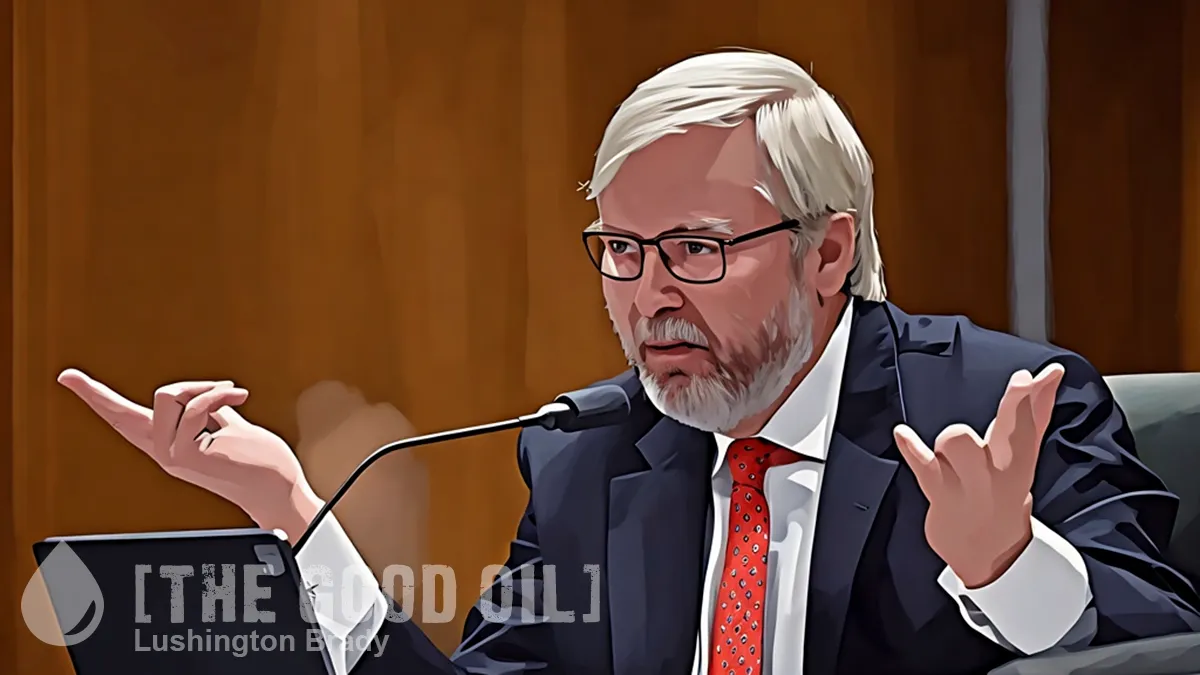Table of Contents
When the elites are all singing from the same hymn sheet is precisely the time when ordinary folk should be turning their bullshit detectors right up to 11. “Conventional wisdom” was not coined as a positive description. Instead, as Mark Twain put it, “Whenever you find yourself on the side of the majority, it is time to pause and reflect”.
The same roster of elite finger-waggers and tub-thumpers who regularly flock together in a squawking mass, to tell the rest of us what to think about gay marriage, Brexit, Trump and climate change are congealing once again to try and browbeat Australians into bowing to their superior morality and wisdom on the issue of constitutional recognition and an “Indigenous Voice” to parliament.
Not everyone, least of all among Aboriginal Australians, is buying it.
However, before we debate how, and in what form a ‘Voice’ might be implemented, we need to discuss some important aspects.
The first matter of concern, who was representing me when the all big decisions were being made?
Suspiciously, the very people who are advocating for this dangerous and all-encompassing change were the ones to hand-pick some pet “advisers”.
Going back to 2017 when the First Nations National Constitutional Convention was held at Uluru, the representatives in attendance were invited by nominees of the Referendum Council; and not elected by Indigenous people.
Much of the media attention has ignored the fact that there were and still are dissenting – and unheard – Indigenous voices throughout the entire process…
Well, that’s just silly. Everyone knows that all Aboriginal people think alike, and – purely coincidentally – agree with everything the inner-city green-left says.
Secondly, for far too long Aboriginal people have been portrayed as being one homogenous group of people who all think the same…We don’t have one voice and we never have.
Aboriginal Australia was never a single, united “nation”, but a patchwork of clans, tribes and language groups, all alternately allied or hostile to their neighbours, and all with their own agendas.
To try to put them all in the one basket and to treat them as if they are all the same is a grotesque denial of their rights to see themselves as different and distinct linguistic and cultural groups, with their own distinct histories of contact with Europeans and experience of colonisation.
We would not want to send Tiwi and Warlpiri to Tasmania to sort out their problems for them and we wouldn’t expect Palawa to come to the NT to sort out the problems of remote communities. Each of these groups are the only ones who can solve their own problems in their own unique way.
As journalist Stan Grant has acknowledged, being asked to “identify” as “Indigenous” is being asked to effectively disown half of his family. Enshrining such racial division in the constitution means awarding some family members more or fewer rights than others, purely on the basis of the identity they choose.
And what of our non-Indigenous loved ones and relatives. A clear majority of those who identify as Indigenous now have children with those who don’t. In the southern cities of Sydney and Melbourne, over 80% of Indigenous people are coupled with non-Indigenous partners and have children. Roughly the same percentage of their children identify as Indigenous.
Do our non-Indigenous loved ones have no say in the future of their own children and grandchildren?
There is also the glaring issue of the corruption and mismanagement that plagued previous “Indigenous Voice” organisations like the Aboriginal and Torres Strait Islander Commission, disbanded by bipartisan agreement in 2005. Even today, the lion’s share of “indigenous” funding flows to oddly pale-skinned city dwellers while remote communities remain squalid hell-holes.
Thirdly, as Indigenous people, we all know that those with powerful positions within our communities tend to have most of the resources and most of the control. Those who have managed to take advantage of the plentiful resources available in the Aboriginal industry have done so without effecting much change for the most vulnerable.
Do we imagine that a ‘Voice’ will empower the marginalised or will it entrench those who already maintain control of the resources that flow into Aboriginal disadvantage?…Will yet another bureaucracy such as a legislated ‘Voice’ simply give more power to those who haven’t yet demonstrated that they can solve the critical issues our marginalised Australians are faced with?
sbs.com.au/nitv/article/2019/07/15/power-inclusion-and-exclusion-my-concerns-about-voice
Or is that actually the point?






